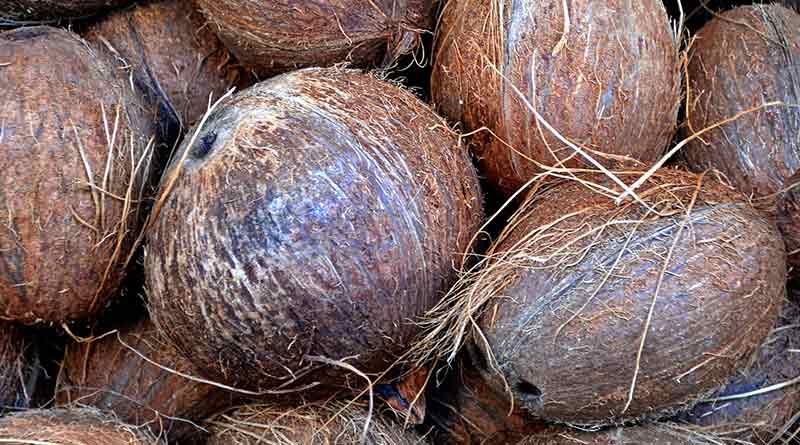Coconut oil, olive oil, butter & LDL-cholesterol

Executive summary
* This week's note looks at a classic paper from 2018 in an attempt to see if saturated fat can, let alone does, raise LDL-cholesterol.
* The 2018 paper documented an experiment undertaken by the BBC Trust me I'm a Doctor programme. The experiment randomised 96 adults (without diabetes, heart disease, or cancer) to one of three interventions. The interventions involved consuming 50g daily of extra virgin coconut oil, extra virgin olive oil, or unsalted butter for 4 weeks.
* The main outcome measure was change in LDL-cholesterol. The paper reported that LDL-cholesterol levels were significantly increased with butter, compared with coconut oil and olive oil.
* The paper concluded that two different dietary fats (butter and coconut oil) which are predominantly saturated fats, have different effects on blood lipids compared to olive oil, which is predominantly monounsaturated fat.
* The paper had many flaws:
1) The participants were allowed to consume the fat on top of their normal diet or instead of other fats. This means that more than one thing changed, and we cannot know what impacted what.
2) Plant sterols have a known impact on blood cholesterol levels. Coconut oil and olive oil contain plant sterols; butter doesn't. Butter could have been used by participants as a replacement for spreads containing plant sterols. Plant sterols, rather than saturation of fat, could have determined results.
3) The groups were not matched at baseline and no adjustments were made between groups. Outcomes should have been compared within each group from start to finish. Instead claimed results came from comparing unmatched groups with each other.
* I remain open to finding evidence that saturated fat raises LDL-cholesterol, but I haven’t found any yet. Any evidence presented will need to be the result of a change in saturated fat alone, and nothing else.
Introduction
One of my favourite parts of one of my favourite books (The Great Cholesterol Con) is this: “How can eating saturated fat raise LDL levels? It is not merely biologically implausible; it is biologically impossible. It always was and it always will be. (Boy does that statement make me a hostage to fortune!)” Dr Malcolm Kendrick.
I read this in 2008 and it inspired me to seek and meet with a biochemist, which I did at a local university. I asked the biochemist whether he thought it was possible that consuming saturated fat could raise LDL levels and he couldn’t see how but he said he didn’t understand the dietary process sufficiently. He suggested that we ask a dietician to join us, at which point I thought – if we’re relying on a dietician to exonerate saturated fat for anything, we’re in trouble!
I have not since found any evidence that saturated fat can raise LDL-cholesterol, let alone that it does. This brings us to a classic article for this week’s note, which was published in January 2018 (Ref 1). The study also featured on a BBC programme around that time. The article was called “Randomised trial of coconut oil, olive oil or butter on blood lipids and other cardiovascular risk factors in healthy men and women”, which makes it rare and important in our world. Not many randomised controlled trials are undertaken in the field of nutrition and this one was also conducted on healthy people and so is generalisable to healthy people.
The study
The opening sentence of the abstract was: “High dietary saturated fat intake is associated with higher blood concentrations of low-density lipoprotein cholesterol (LDL-C), an established risk factor for coronary heart disease.” No reference for this was given. It’s one of those deeply held beliefs – rather like the calorie theory (Ref 2).
The rest of this article is available to site subscribers, who get access to all articles plus a weekly newsletter.
To continue reading, please login below or sign up for a subscription. Thank you.




